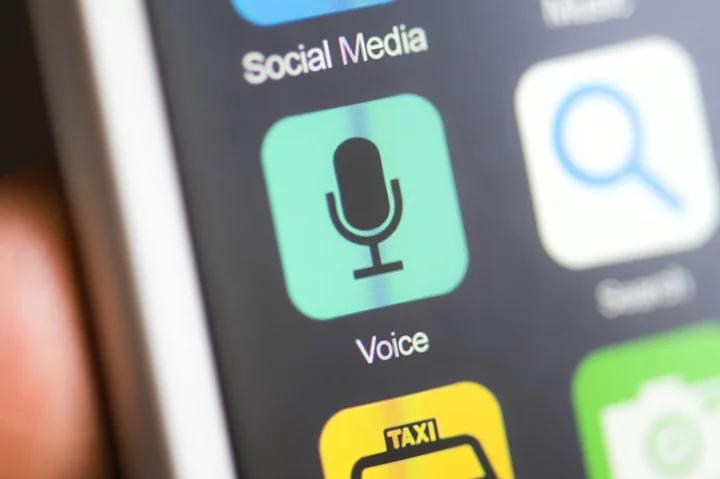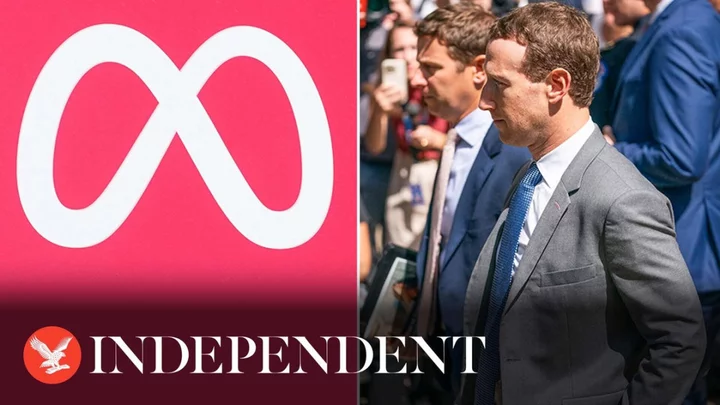With the increasing number of self-service checkout machines popping up in stores for convenience, there is one simple feature that is used to put off potential shoplifters - mirrors.
There's a good chance that you've looked at your reflection in the screens fitted to these machines, and the purpose of it is for potential shoplifters to catch themselves in the mirror in the hopes of making them feel guilty.
This pang of a guilty conscience is hoped to prevent them from committing any crime (it's not just there for vanity purposes like most of us use it for).
Research also backs up the theory that people who see themselves in a mirror are less likely to do something bad.
A 1976 study from Letters of Evolutionary Behavioural Science found that when people are around mirrors, they "behave in accordance with social desirability".
"Mirrors influence impulsivity, a feature that is closely related to decision-making in both social and non-social situations."
When participants in the experiment were looking at mirrors, their "private self-awareness was activated" by them and as a result influenced "decision-making as a non-social cues".
Similarly, Psychology Today notes how a mirror allows "people to literally watch over themselves" and this "dramatically boosts our self-awareness".
Meanwhile, the issue of self-service checkouts and shoplifting was highlighted in a report by Mashed last year which it appeared to confirm that Walmart's attempt at combatting this problem was a psychological method with the addition of mirrors (though Walmart, alongside other supermarkets, has never confirmed the purpose of their mirrors at their self-service checkout services).
Sign up to our free Indy100 weekly newsletter
Have your say in our news democracy. Click the upvote icon at the top of the page to help raise this article through the indy100 rankings.









